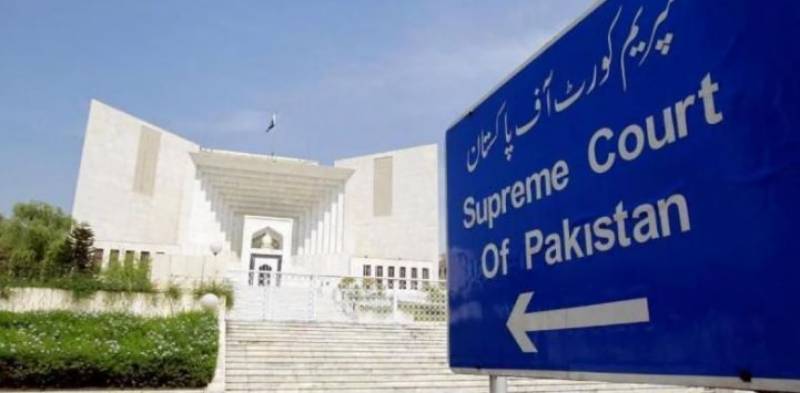Islamabad (Web Desk): The Supreme Couret (SC) on Thursday took suo moto notice of Senator Faisal Vawda’s press conference against the judges of Islamabad High Court (IHC).
A three-judge bench led by Chief Justice of Pakistan (CJP) Justice Qazi Faez Isa and comprising Justice Irfan Sadaat and Justice Naeem Akhtar Afghan will hear the matter on Friday (tomorrow).
The development comes hours after IHC responded to Vawda's letter seeking clarification on Justice Sattar's citizenship. The court clarified that as per the Constitution of Pakistan, citizenship or residence permit of another country does not bar a lawyer from becoming a judge.
The court's reply added that details about dual citizenship are not sought from any lawyer being considered for the position of a high court judge.
The controversy surrounding Justice Sattar began after six IHC judges wrote a letter to the Supreme Judicial Council (SJC), complaining about intelligence agencies meddling in judicial affairs. Justice Sattar also became target of a smear campaign on social media and confidential information about him, including travel documents of him, his wife, and children, was leaked.
On May 14, Justice Sattar also wrote a separate letter to IHC Chief Justice Aamer Farooq, disclosing that a 'top official' from the security establishment threatened him to back off from scrutinising surveillance procedures in the audio leaks case.
On Wednesday, while addressing a press conference, Faisal Vawda criticised the IHC judges over their letter alleging meddling by spy agencies in judicial affairs, saying that targeting of institutions should stop.
The former Pakistan Tehreek-e-Insaf (PTI) leader, while speaking about the accusations by the IHC judges, reiterated that the names of agencies was being mentioned again and again.
Vawda said he would stand beside the judges if they give evidence in this regard.
He also urged the Supreme Judicial Council (SJC) to interfere in the matter.


